The firm said it will now submit plans this spring for a £200m major project for King’s College in London. The Middlesex Street scheme, near the City’s Petticoat Lane market will consist of nearly 1,000 beds.
Also Unite has agreed on terms for a university partnership scheme with the University of Bristol and will submit planning later this year and expect to deliver 650 beds in 2022.
Chief executive Richard Smith, said: “We continue to see attractive development and partnership opportunities both in London and in other strong University markets.
“We plan to continue investing selectively in markets to enhance portfolio quality while maintaining discipline around target returns, and pushing for greater optionality given the uncertainty created by Brexit.
He said this would see Unite maintain our run rate of 1,500-2,500 new beds over the coming few years.
Developing University partnerships, alongside more traditional development activity, would drive further growth over the next few years.
He said that the secured development pipeline would need nearly £500m 0f capital expenditure. Unite was also in talks with around 10 universities, exploring a range of different options including further off-campus developments, stock transfer and third-party management arrangements.
To help fund the schemes, Unite intends to sell a further £150m of buildings this year to take advantage of the ongoing strength in the investment market.
Smith said it was recycling its assets out of its portfolio to concentrate on the UK best universities.
Last year Unite sold 14 properties for £180m, ending its presence in Plymouth and Huddersfield.
Smith said the student accommodation sector as a whole had attracted £16bn of capital investment over the last four years.
This has seen the new supply of accommodation increase and the total number of purpose-built beds – including University-owned beds – grow to over 600,000, or one-third of the UK’s student population.
“At this level, there still remains a shortage of purpose-built accommodation compared to the numbers of first year and international students, before taking account of the increasing numbers of second and third-year students who are choosing this type of accommodation.”
He predicted the rate of new supply would continue at a similar rate of around 20,000-25,000 beds in 2019, before starting to reduce.
“Supply in 2020 and beyond is currently limited to a further 20,000 beds. A large proportion of the new supply is focussed in markets where we do not have a presence and on the premium end of the market where we believe the competitive threat that it poses to our more mainstream proposition is limited.”

.gif)



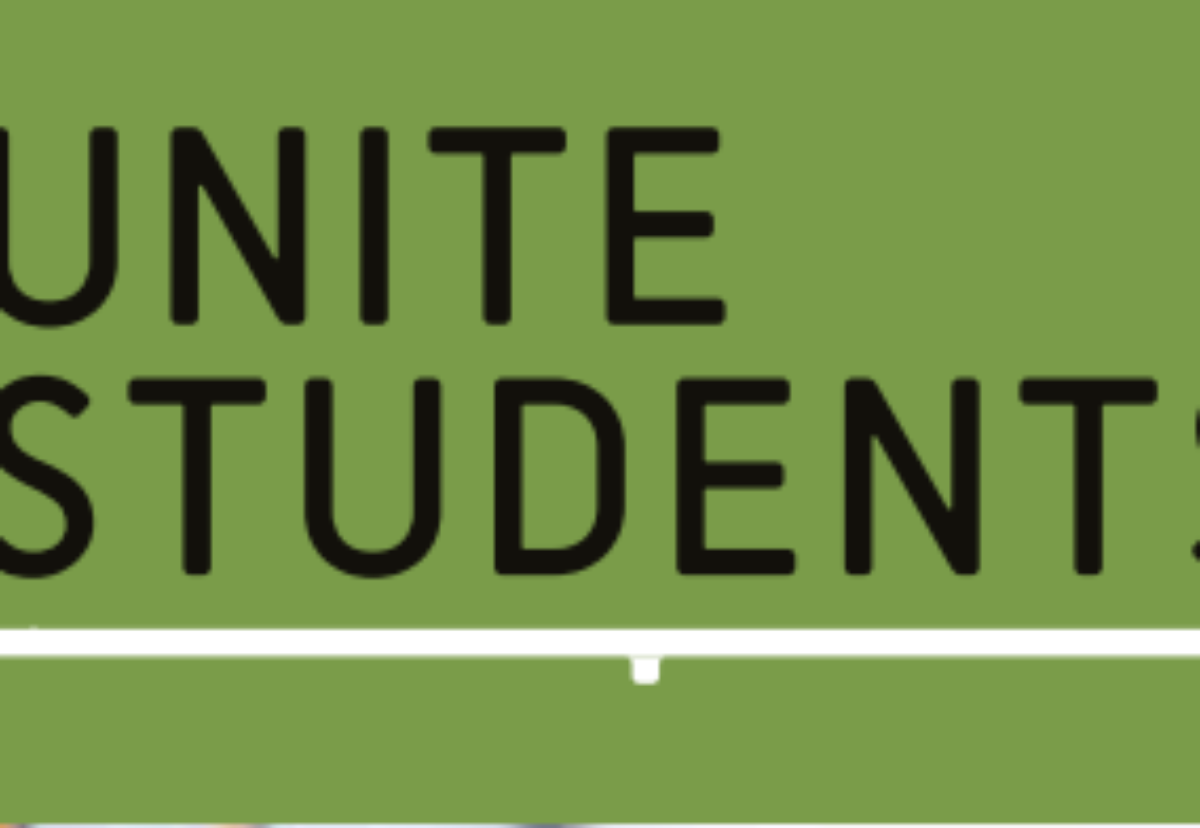






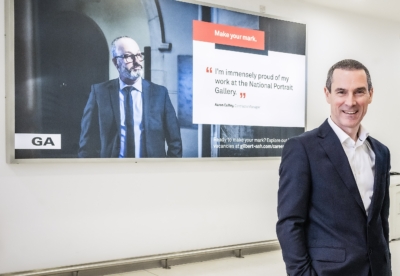


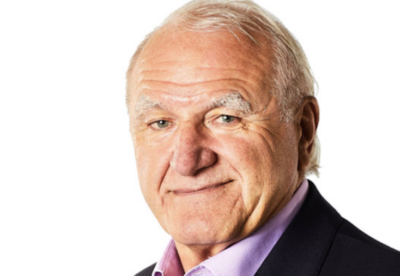



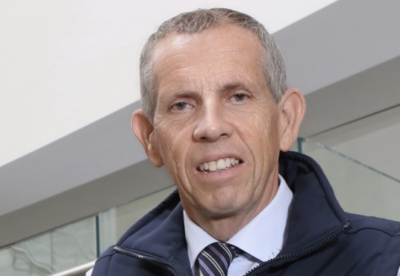


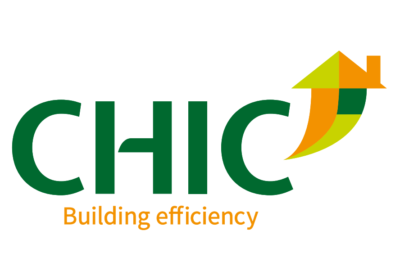

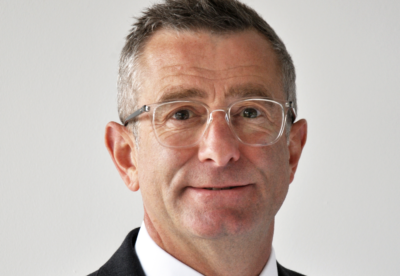

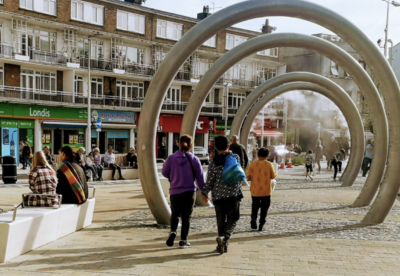
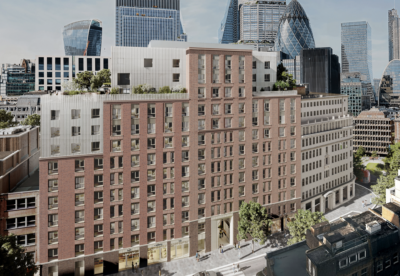
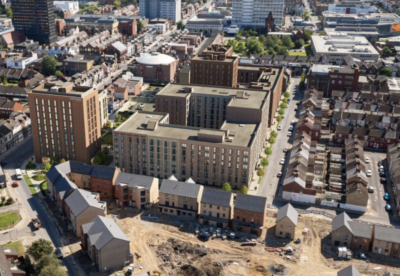


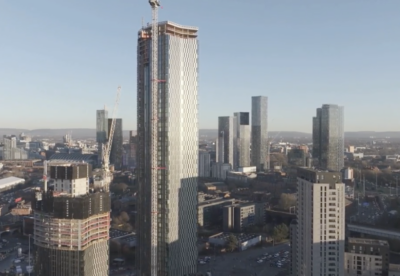


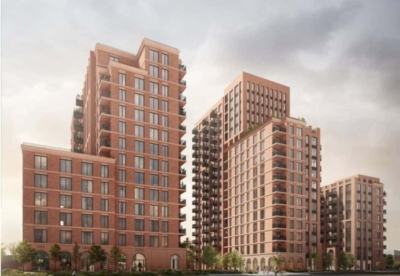

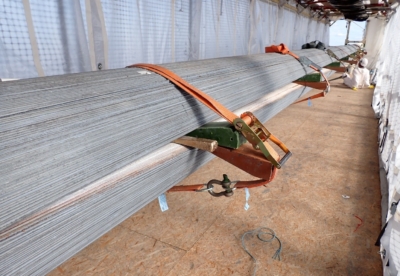

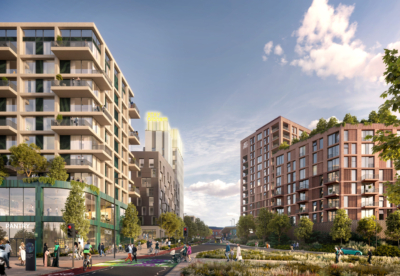

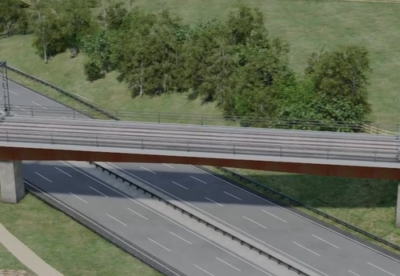
.gif)
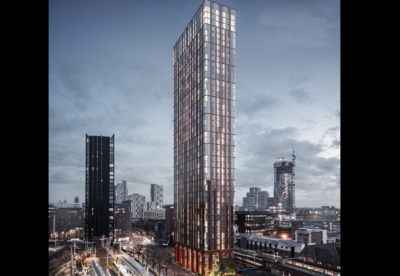
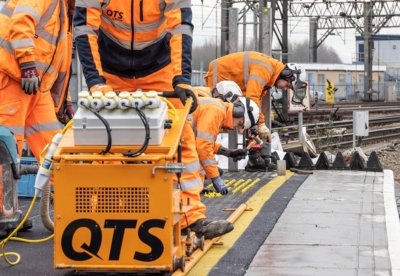








 (300 x 250 px).jpg)



